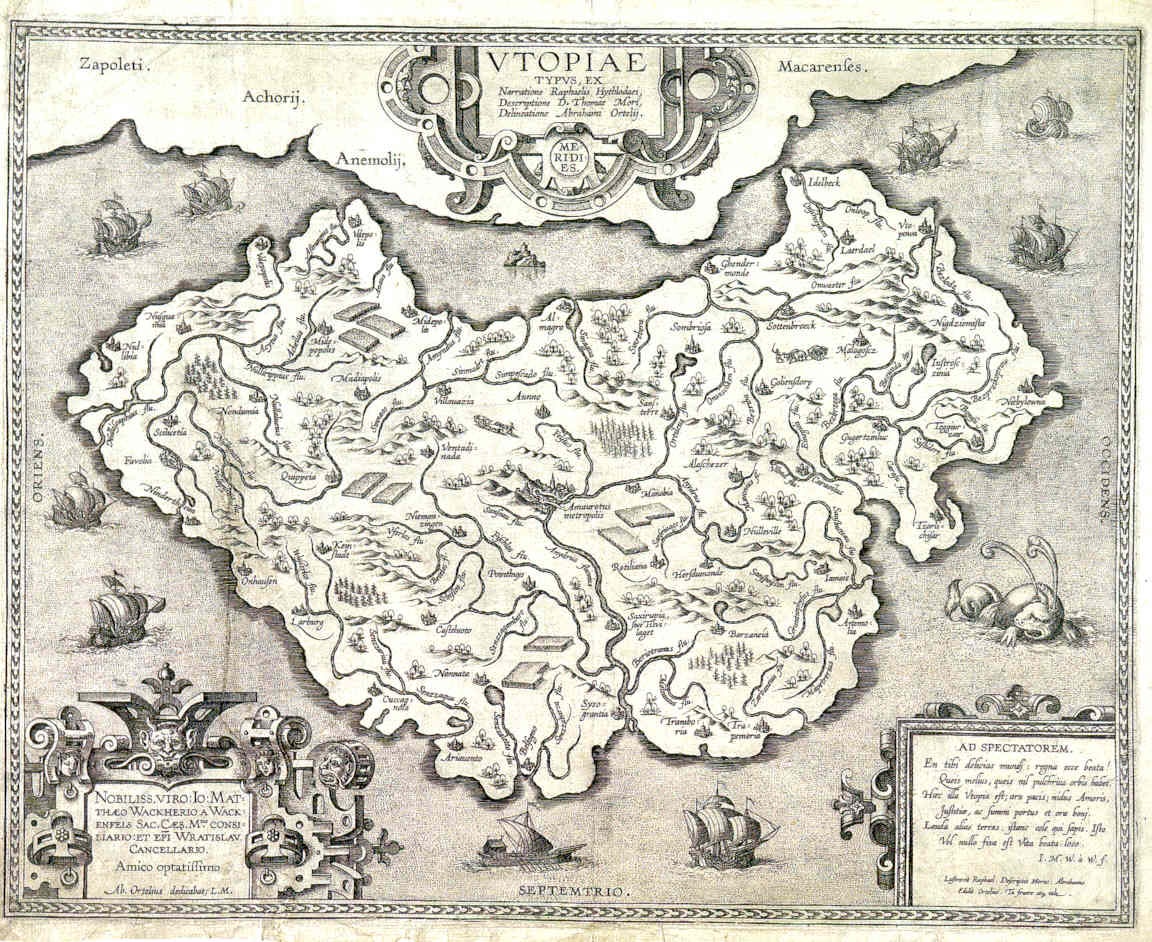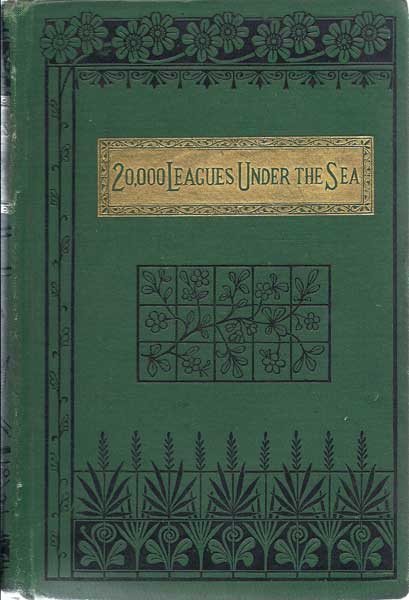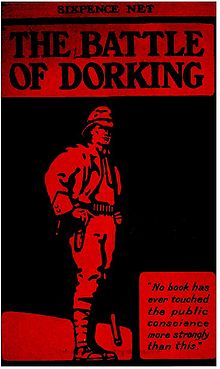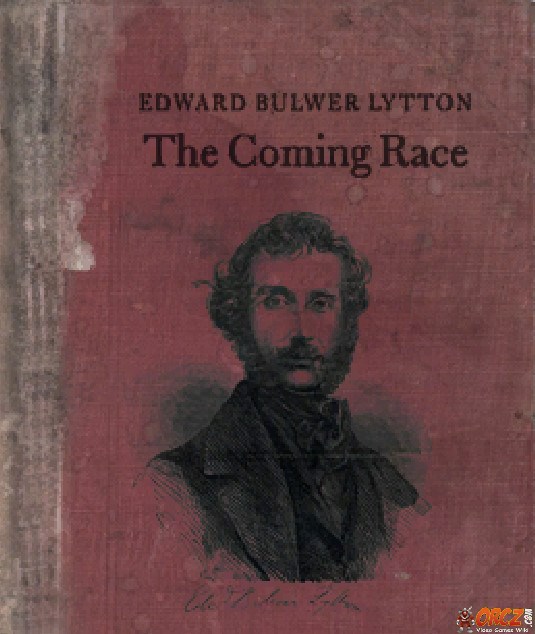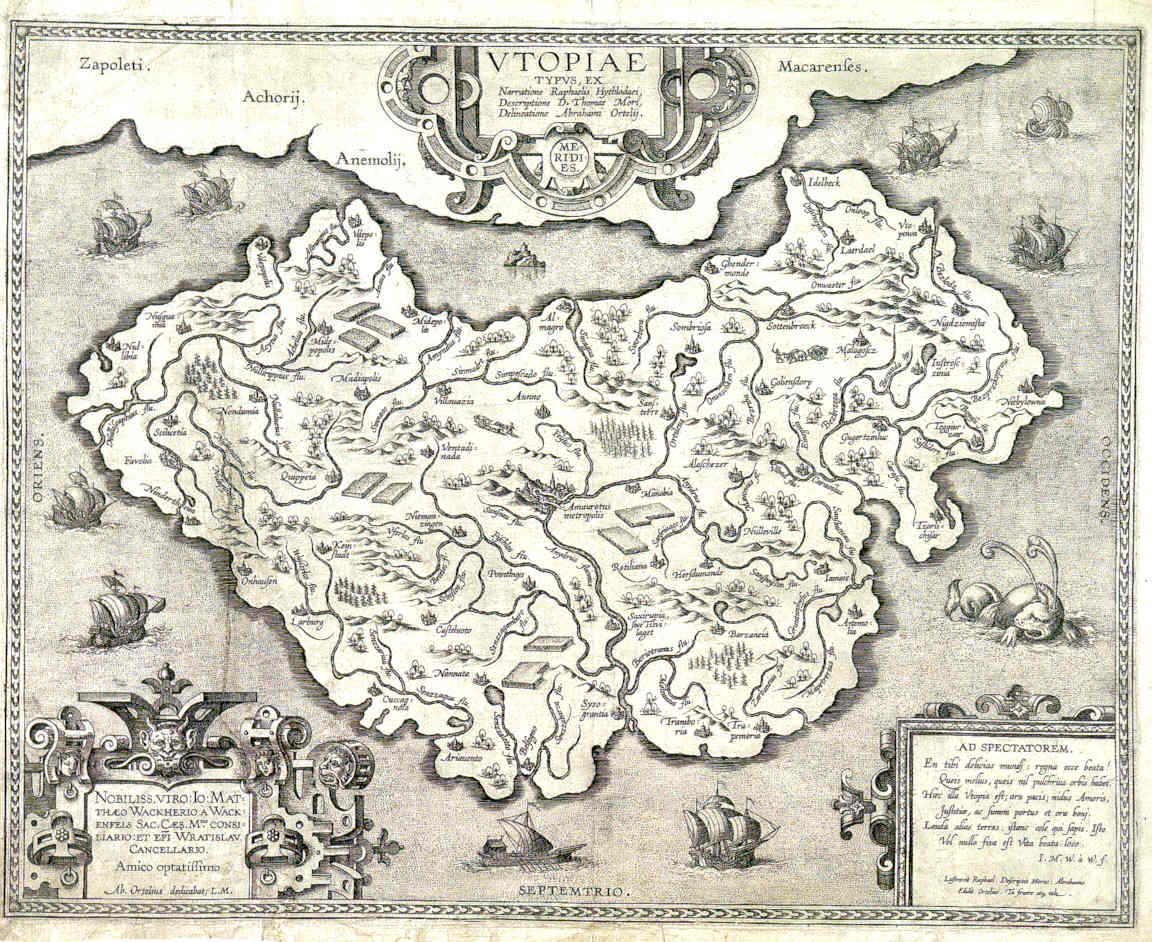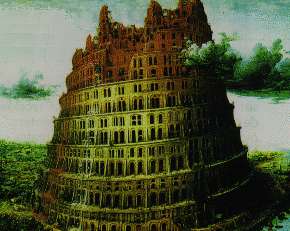There was a definite turning point in science fiction history in the 1930s through the 1950s. Sci-fi became self-aware, fully realizing its potential as a unique genre. However, not all of the subgenres made the transition into this new age of science fiction so well. Now, ‘died’ may seem a bit dramatic, but I do love to be dramatic… In any case, here are five subgenres of early science fiction that fell out of favor after the first hundred-or-so years.
5. Mad-Scientist-

While many stories today still include mad-scientists, there are fewer stories centered around the life and decisions of one particular scientist designing his destructive magnum opus. Tales like Frankenstein, and Nathaniel Hawthorne’s “The Birthmark”, seem to be a product of Romanticism, as they deal with themes of tampering with nature. During the space age, scientists were represented more often as heroes in popular entertainment.
4. Edisonade-

The early form of the scientist-as-hero story, these pulpy tales of boy-geniuses were retroactively named after superstar inventor Thomas Edison. They usually starred a young protagonist, and saw him save the day with an eccentric invention. However, as a whole, the subgenre lacked believability and thematic depth. While fun, Edisonade stories never really held up as literature.
3. Hollow Earth-

Hollow Earth was an offshoot of the Lost World genre popularized by authors such as Edgar Rice Burroughs. The subterranean worlds encountered often featured primitive civilizations, and extinct creatures. However, due to a lack of plausibility, these stories have faded from the mainstream.
2. Lost World-

Named after one of the last of their kind, The Lost World by Arthur Conan Doyle, this subgenre also featured ‘prehistoric’ flora, fauna, and society. It also had its roots in a Romanticist worldview. However, as the world grew increasingly interconnected, the mystery of far-off lands, as well as the Lost World subgenre, lost its luster.
1.Utopia-

It is rare these days to find a truly utopian tale. The recent Disney film, Tomorrowland, comes close, but it is tainted by many dystopian elements. The Star Trek franchise, while set in a utopian civilization, falls more into the space exploration genre. Most stories about a future society today are strictly dystopian. The two world wars probably had much to do with this transition, as they brought to public attention the depravity of mankind.
Keep on glowing in the dark ,
Elora


